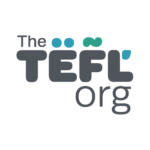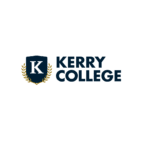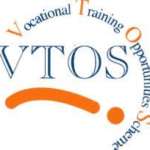Erasmus+ is the European Union’s program for education, training, youth, and sport. It provides opportunities for individuals and organizations to engage in a wide range of international activities, fostering cooperation and exchange between institutions in different countries. The program aims to enhance the quality and relevance of education and training, promote language learning, and support the development of skills and competencies.
What is Erasmus+?
Erasmus+ encompasses several key actions:
- Key Action 1 (KA1) – Learning Mobility for Individuals:
- This action supports mobility opportunities for individuals, including students, staff, and volunteers, to study, train, or gain work experience abroad. It includes programs such as Erasmus Mundus Joint Master Degrees, student and staff exchanges, and European Voluntary Service.
- Key Action 2 (KA2) – Cooperation for Innovation and Exchange of Good Practices:
- KA2 focuses on supporting innovation and cooperation between organizations, institutions, and partnerships. This includes Strategic Partnerships, Knowledge Alliances, and Capacity Building in the field of youth and higher education.
- Key Action 3 (KA3) – Support for Policy Reform:
- This action aims to support policy reform and cooperation at the European level. It includes initiatives to promote dialogue between youth and decision-makers, as well as projects addressing the policy priorities of the European Union.
- Jean Monnet Activities:
- These activities focus on promoting excellence in teaching and research in the field of European Union studies worldwide. They include Jean Monnet Modules, Chairs, and Centers of Excellence.
Erasmus+ is open to individuals and organizations from both program and partner countries. Program countries are EU Member States, Iceland, Liechtenstein, North Macedonia, Norway, Serbia, and Turkey. Partner countries include those outside the program countries that can participate in certain actions under specific conditions.
The program aims to contribute to the EU’s overarching goals of promoting a knowledge-based society, fostering social inclusion, and enhancing the global dimension of education and training.
Erasmus+ plays a crucial role in building bridges between educational institutions, promoting cultural understanding, and fostering a sense of European citizenship.


















